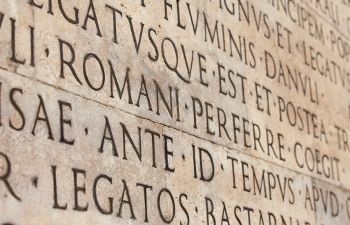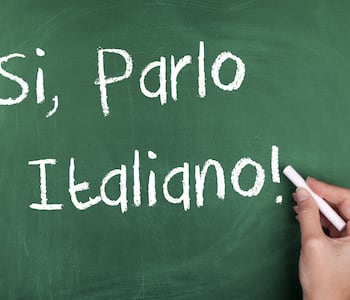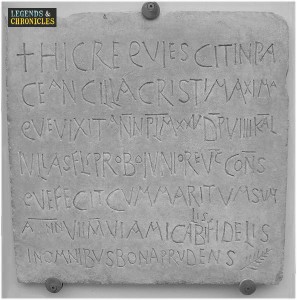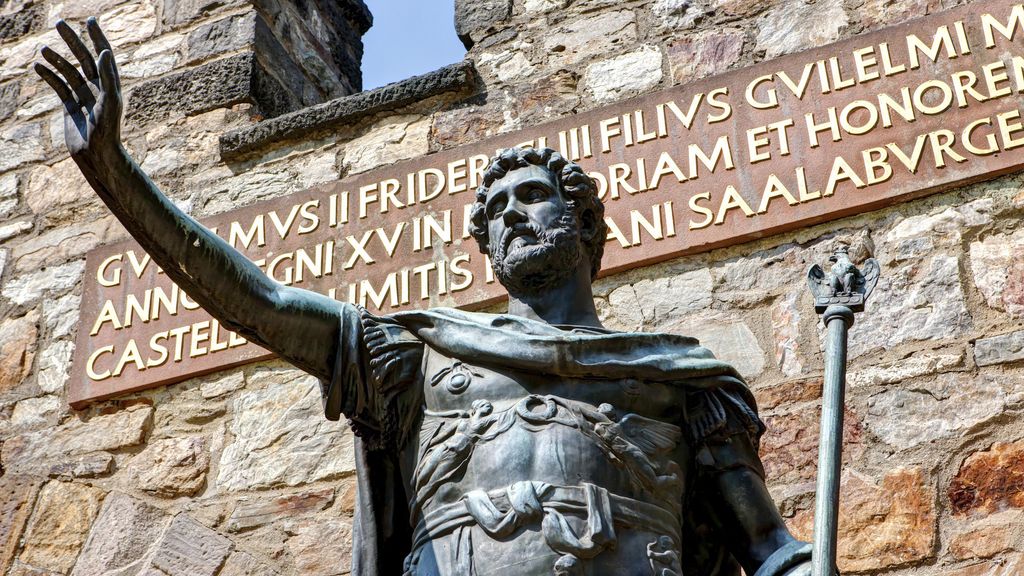Rome lugano spoken yatra
Table of Contents
Table of Contents
The language of ancient Rome is one of the most fascinating parts of its history. It’s a living testimony to the longevity of the Roman Empire and how it left its mark on the world. But what was the language of Rome? In this blog post, we’ll explore the answer to this question.
The pain points of learning the language of Rome
Learning any new language can be challenging, but learning an ancient language can present unique difficulties. One of the main challenges of learning the language of Rome is that there are relatively few resources available for people who want to learn it. Unlike modern languages, there aren’t many courses or textbooks that can guide people through the process. Another challenge is that the language is no longer spoken today, which makes it hard for people to get a feel for how it sounds and how it should be pronounced.
What was the language of Rome?
The language of Rome was Latin. It was spoken in the Roman Empire and later became the language of scholarship and science throughout Europe in the Middle Ages. Latin contributed to the development of modern languages such as Italian, French, and Spanish, and many words in English have Latin roots.
Summary of the main points
In summary, the language of Rome was Latin, which was spoken throughout the Roman Empire and became a universal language in the field of science and scholarship throughout Europe in the Middle Ages. The language is no longer spoken today, and learning it presents unique challenges, such as the lack of resources and the dead nature of the language.
Why learn the language of Rome?
Learning the language of Rome may seem like an unnecessary pursuit, but it can be rewarding for a variety of reasons. For example, it can help people better understand the origins of the modern languages they speak today. Additionally, it can lead to a better understanding of Roman culture and history.
The evolution of Latin
Latin has evolved over time, just like any other language. There was no single “correct” way to speak Latin in ancient Rome, as the language had a variety of dialects depending on the region. Likewise, when Latin became a universal language in Europe, it was adapted to fit the various local dialects, leading to the development of new Romance languages such as Italian, French, and Spanish.
The enduring legacy of Latin
Although Latin is no longer spoken today as a living language, its legacy endures. Many scientific terms are still derived from Latin, such as “biology” (from “bio,” meaning “life,” and “logos,” meaning “study of”). Additionally, Latin was used in the Catholic Church as the official language for centuries, and it remains the official language of Vatican City to this day.
Question and Answer
Q: Is it still possible to learn the language of Rome today?
A: Yes, it is possible to learn the language of Rome today, although it presents unique challenges. There are some online resources for learning Latin, such as Duolingo, and some universities offer Latin courses.
Q: Has Latin influenced other languages besides Romance languages?
A: Yes, Latin has had a widespread influence on many languages throughout the world. For example, many English words have Latin roots, such as “doctor” (from the Latin “docere,” meaning “to teach”) and “spectator” (from the Latin “spectare,” meaning “to watch”).
Q: What are some famous works written in Latin?
A: There are many famous works written in Latin, such as Cicero’s speeches and Julius Caesar’s “Commentaries on the Gallic War.” Additionally, many scientific works were originally written in Latin, such as Newton’s “Philosophiæ Naturalis Principia Mathematica.”
Q: Why did Latin become a universal language in the Middle Ages?
A: Latin became a universal language in the Middle Ages because it was the language of scholarship and science throughout Europe. It was a shared language that scholars from different regions could use to communicate with one another despite speaking different dialects of their own languages.
Conclusion of What Was The Language Of Rome
In conclusion, the language of Rome was Latin, which has had a profound impact on the development of modern languages and scientific terminology. Although the language is no longer spoken today, it remains an important part of history and culture. Learning the language of Rome can provide insight into the origins of modern languages and lead to a better understanding of ancient Roman history and culture.
Gallery
Language - Welcome To Ancient Rome

Photo Credit by: bing.com / latin ancient language roman rome history used languages achievements happened wordpress buzzle empire romans reading choose board august proverbs
Languages Of Rome, Popular Local Spoken Languages Of Rome, India

Photo Credit by: bing.com / rome lugano spoken yatra
Rome Vocabulary By Nestor Muniz

Photo Credit by: bing.com / rome language roman ancient vocabulary latin
Ancient Roman Language | Ancient Latin In Rome

Photo Credit by: bing.com /
Rome Accomplishments By Emily Wallin

Photo Credit by: bing.com / roman rome accomplishments language





